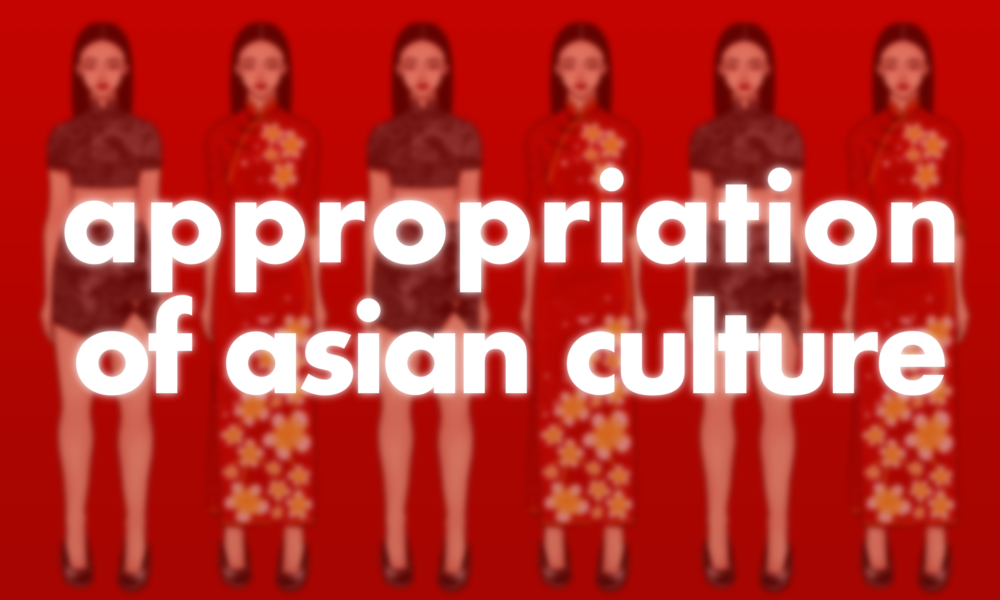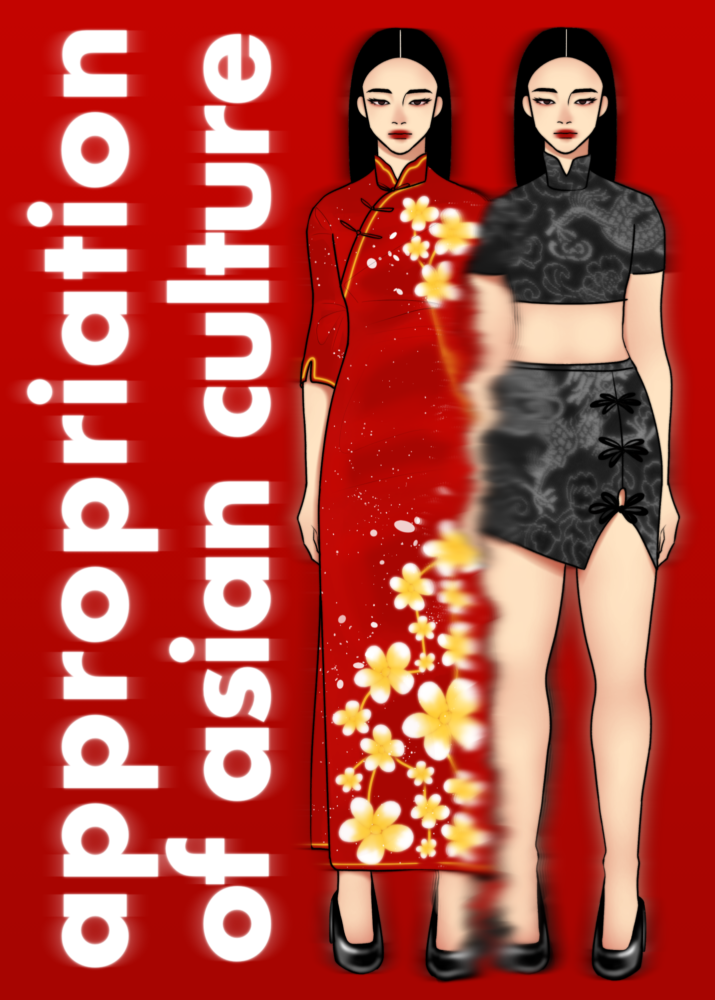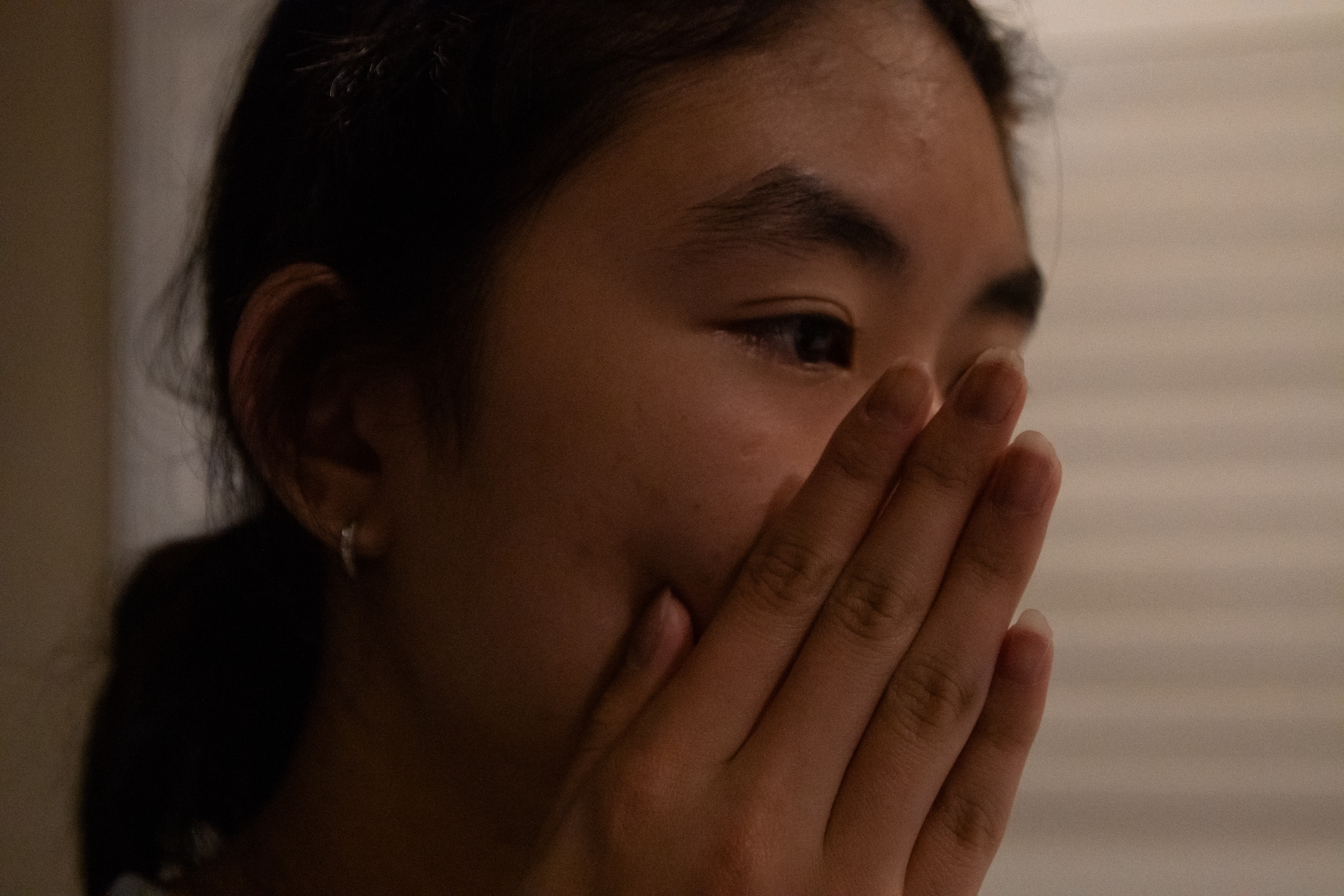
By Kyle Nguyen & Lylyan Yenson
Throughout American history and social media, Asian culture has repeatedly been misrepresented, whether it be through stereotypically portraying Asian characters or getting “chic” Chinese tattoos. Traditional Asian culture, especially clothing, has become a trend to gain popularity rather than be a significant part of life for Asian people, and it needs to stop.
Although some may say that public figures posting about Asian culture increases representation, their actions may also be a form of misrepresentation and cultural appropriation, especially when they do not know the history and meaning of what they’re wearing.
The outfits worn by many celebrities in “Asian representation” posts are often scandalous and misleadingly shape the way their followers think of traditional clothing pieces.
Many artists have suffered from backlash due to their attempts at Asian representation due to their lack of respect and understanding of the culture.
Artists such as Katy Perry, who performed dressed as a geisha at the American Music Awards in 2013, and Selena Gomez, who wore a Hindu bindi during her performance at MTV Music Video Awards in 2017, appropriated Asian culture for public performances. Many other artists, including Rihanna, Ariana Grande, Lizzo, Avril Lavigne and Gwen Stafani, have also appropriated Asian culture for performances or publication.
Most Asian cultural clothing pieces are meant to be reserved and represent conservative ideals, not to be seductive. For example, Asian clothing often covers most of the body, only revealing the wearer’s head, hands and feet.

Celebrity Kim Kardashian released a line of shapewear which she originally named “Kimono” but later changed to “SKIMS” after major reprisal by the public. Photographer David LaChapelle appropriated and sexualized Asian culture on multiple occasions with artists Lizzo and Björk.
While the consequences of cultural appropriation and sexualization of Asian clothing do include celebrities being “canceled,” what matters more is how Asian communities are affected.
Misrepresentation harms Asian communities when it promotes racist stereotypes and false information about the culture. Asian women, for example, live with the common stereotype of being passive or submissive for their entire lives.
People who culturally appropriate are able to go back to their normal lives after dressing up because they only pick out certain parts of a culture to like, but these traditional outfits aren’t some Halloween costume for Asian people. It’s part of their lives, culture and history.
Many people look up to influencers, and seeing these racist, sexist and degrading stereotypes normalized affects their beliefs about their culture. Over time, future generations could come to hate their culture or forget the original meaning and values of their culture, and, consequently, lose a part of their cultural identity and roots.
One way to learn about a culture and not disrespect it is by showing appreciation for it. Cultural appreciation is taking the time to learn and explore a different culture in its entirety, while cultural appropriation is choosing a part of that culture that you like and ignorantly flaunting it while ignoring the rest of the culture and failing to credit its people.
Learning and exploring cultures outside of your own is a fun and enriching experience, but always be mindful of your actions and attitudes, and hold those around you accountable when you see that they’re disrespecting a culture.





